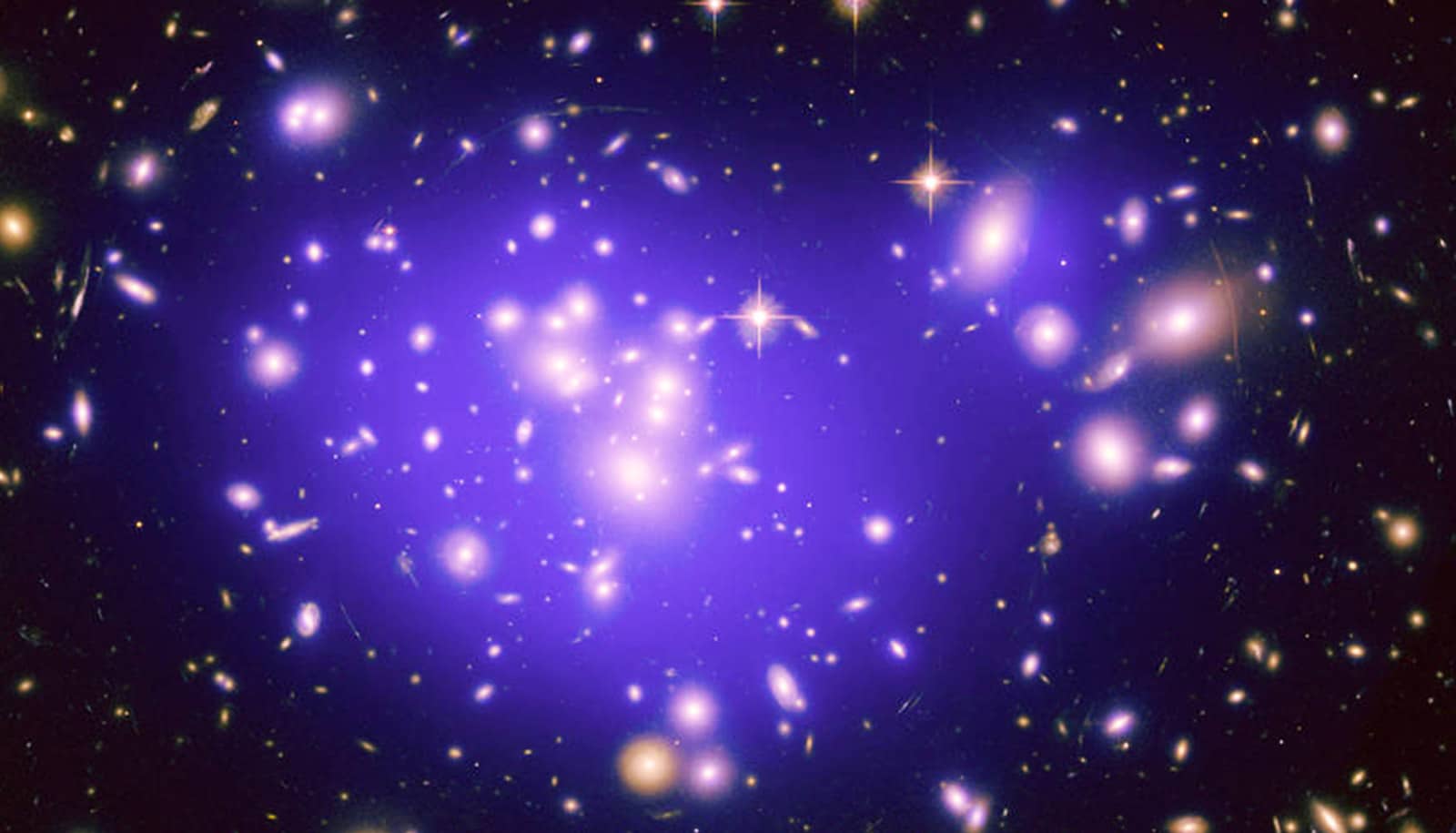Researchers have tested a model that suggests that the expansion of the universe is due to a dark substance with a kind of magnetic force, not dark energy.
Until now, researchers have believed that dark energy makes up almost 70% of the ever-accelerating, growing universe. This mechanism has for many years been associated with the so-called cosmological constant, developed by Einstein in 1917, which refers to an unknown cosmic repellent.
“We removed dark energy from the equation and added some more dark matter properties.”
But because the cosmological constant – known as dark energy – cannot be measured directly, many researchers, including Einstein, doubted its existence – without being able to propose a viable alternative.
Until now. For the new study, researchers from the University of Copenhagen tested a model that replaces dark energy with a dark matter in the form of magnetic forces. Their paper on the work has not yet been published, but is available on arXiv.
Researchers know that dark energy in the traditional sense is not magnetic, where a north-seeking pole repels another north-seeking pole while attracting a south-seeking pole. This special kind of magnetism is associated with a force that always repels, thus expanding the universe as opposed to maintaining its limits.
‘If what we have discovered is accurate, it will increase our conviction that what we thought made up 70% of the universe does not actually exist. We removed dark energy from the equation and added some more dark matter properties. It seems to have the same effect on the expansion of the universe as dark energy, ”explains Steen Harle Hansen, associate professor at the Niels Bohr Institute’s DARK Cosmology Center.
The normal understanding of how the universe’s energy is distributed consists of 5% normal matter, 25% dark matter and 70% dark energy.
In the new model, the 25% share of dark matter is assigned special properties that make the 70% of the dark energy redundant.
‘We do not know much about dark matter, except that it is a heavy and slow particle. But then we asked ourselves – what as dark matter had the property analogous to magnetism? We know that normal magnetic particles create magnetism. And magnets attract or pull off other magnets – what if it goes on in the universe? That this constant expansion of dark matter takes place thanks to some magnetic force? Hansen asked.
Hansen’s question was the basis of the new computer model, where scientists know everything they know about the universe, including gravity, the speed of expansion of the universe and X, the unknown force that expands the universe.
‘We have developed a model that works from the assumption that dark matter particles have some kind of magnetic force and investigated what effect this force would have on the universe. It seems that this would have exactly the same effect on the speed of the university’s expansion as we know from dark energy, ”Hansen explains.
However, there is still much about this mechanism that the researchers do not understand. And it all needs to be checked in better models that take more factors into account.
“Honestly, our discovery can only be accidental,” Hansen says. “But if it’s not like that, it’s unbelievable. It will change our understanding of the composition of the universe and why it expands. As far as our current knowledge is concerned, our ideas about dark matter with a kind of magnetic force and the idea about dark energy are equally wild. Only more detailed observations will determine which of these models is the more realistic. So it will be incredibly exciting to test our result. ”
Source: University of Copenhagen
